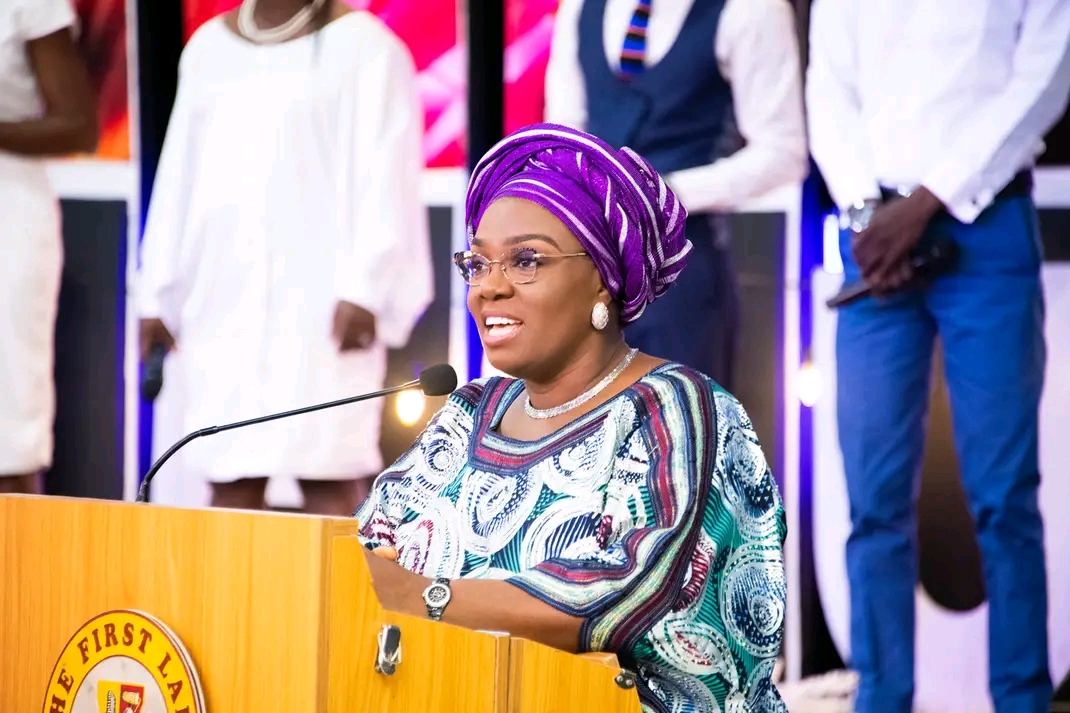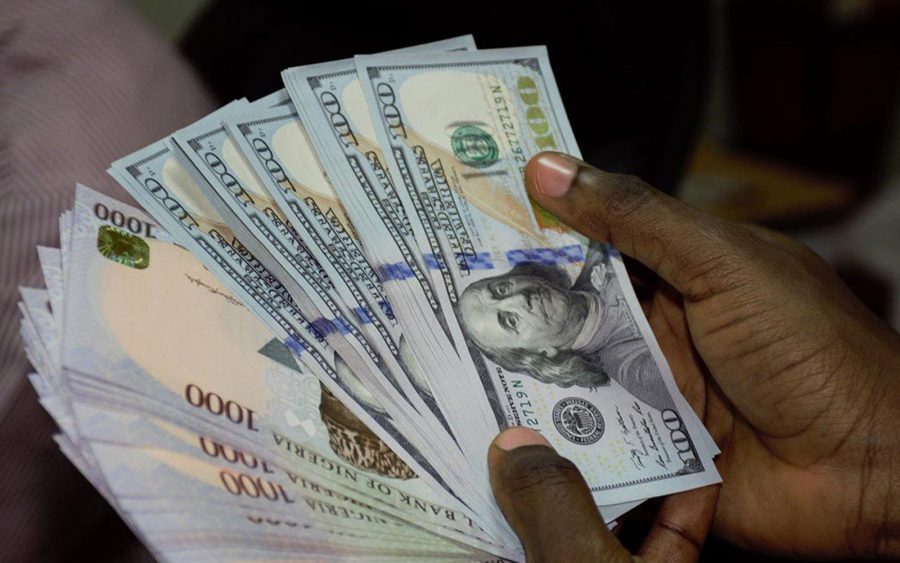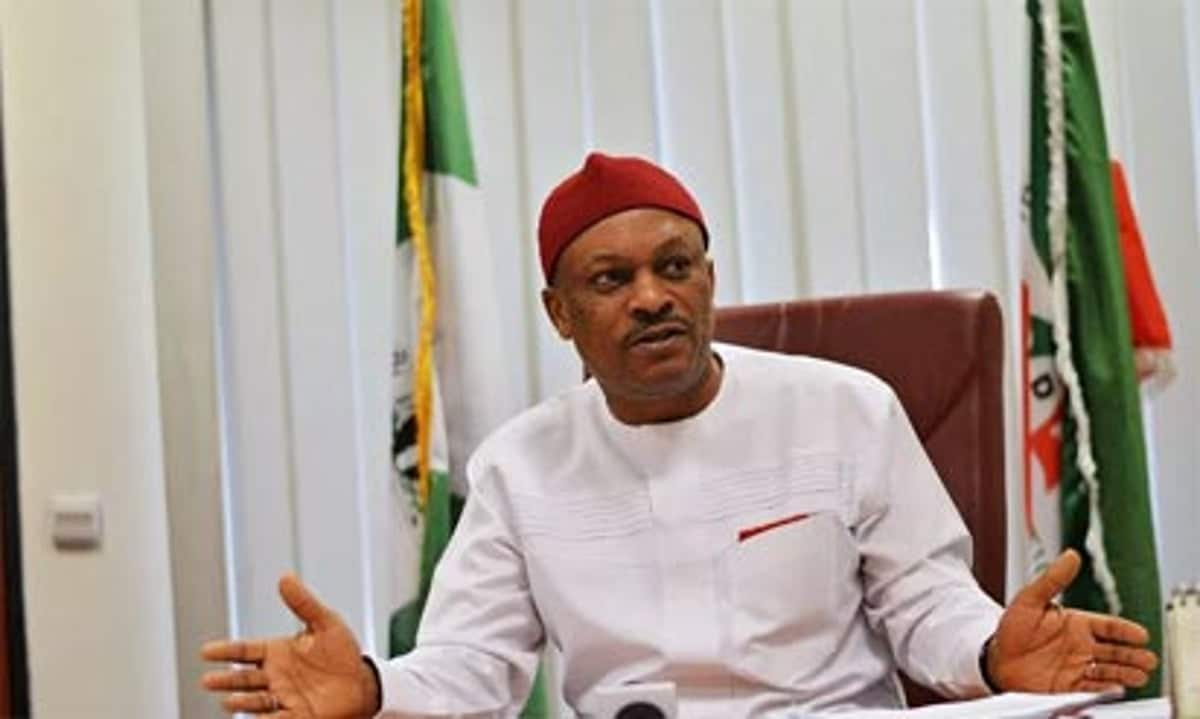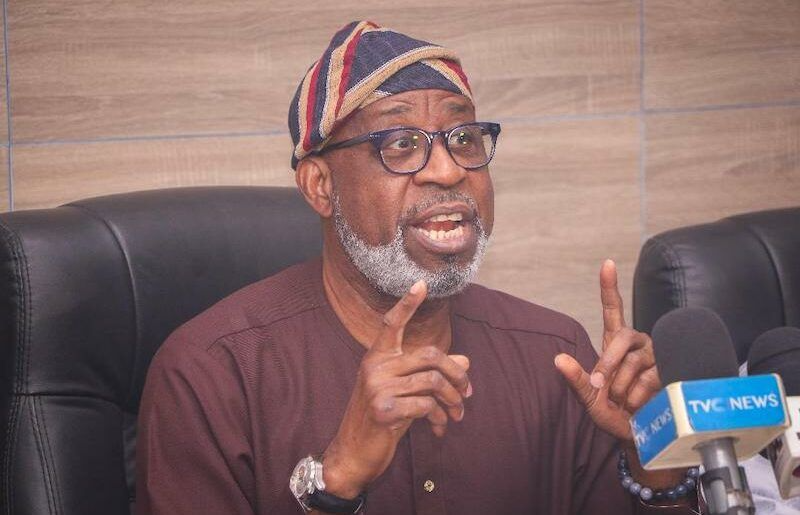Some stakeholders are advocating for gender-sensitive laws, effective implementation of climate policies, and empowerment of women as critical steps to enhance climate adaptation and resilience in Nigeria.
The stakeholders spoke at the sixth edition of the Nigerian Academy of Science (NAS) conference in Abuja on Wednesday.
Themed, ‘Climate adaptation and resilience in Nigeria’, the conference aims to create a platform for knowledge sharing, mentorship, as well as effective networking and collaboration among researchers, industry, government, and technology hubs.
Speaking during a panel sub-themed, ‘Gender and intersectionality dimensions of climate change’, the Deputy Clerk at the Federal House of Representatives, Vivian Njemanze emphasised the importance of gender-inclusive approaches in tackling climate challenges.
Ms Njemanze, who also serves as the Technical Advisory on Climate Smart National Responses for the development Research and Projects Centre (dRPC), highlighted the need for more research, particularly on environmental issues, to support government actions.
She noted that such research should focus on developing legislative frameworks to promote a democratic and inclusive body of knowledge on climate change.
She highlighted the role women play in natural resource management, which positions them to significantly contribute to livelihood strategies that adapt to changing environmental conditions.
Nigerians need credible journalism. Help us report it.
Support journalism driven by facts, created by Nigerians for Nigerians. Our thorough, researched reporting relies on the support of readers like you.
Help us maintain free and accessible news for all with a small donation.
Every contribution guarantees that we can keep delivering important stories —no paywalls, just quality journalism.
Integrating gender perspectives
Ms Njemanze recommended integrating gender perspectives into both climate mitigation and adaptation actions to ensure more inclusive and effective solutions.
“Climate change actions need to be based on consultation with women, to build and incorporate their skills and knowledge, and to provide opportunities for improving health, education and livelihoods,” she said.
“Women’s issues, needs and contributions should be integrated across the planning and execution cycles of climate change policies and projects.”
Ms Njemanze noted that increasing women’s participation would result in more environmental and productivity gains and would create mutual benefits and greater returns across the Sustainable Development Goals.
“Ensuring mitigation and adaptation efforts also address sources of gender-based vulnerability, gender inequality and poverty. Climate change responses need to address women’s historic and current disadvantages,” she said.
Speaking at the conference, the Director of Projects at dRPC, Stanley Ukpai noted that climate change disproportionately affects vulnerable populations, particularly women.
Mr Ukpai said in conflict or disaster zones, women bear the brunt of challenges brought about by climate change.
“For us, what we are doing is to look at that intersection between climate change, vulnerable population and intersectionality with gender,” he said.
“It’s not news that more than 50 per cent of the agricultural workforce is populated by women, and even in conflict zones, people who are escaping either conflict-related issues or climate change-related issues, women are more affected.”
He stated that the dRPC aims to use this conference as a platform to collaborate with scientists and researchers in developing a comprehensive body of work.
He said the goal is to explore ways to integrate gender considerations into climate resilience and adaptation strategies, ultimately enhancing the policy-making process.
The Director of the Centre for Energy and Environmental Strategy Research at Kaduna State University, Saadatu Baba, emphasised the critical role of gender in climate change adaptation and resilience.
Ms Baba, who is also a board member of dRPC, explained that climate change acts as a “threat multiplier,” exacerbating existing inequalities and inequities in society.
She pointed out that women, through no fault of their own, often face structural disadvantages that amplify the impacts of climate change on them.
“So, the projections are that impacts of climate change will be disproportionately more on vulnerable populations. And women, children, displaced people, people living with disabilities, poor people, people living in hard-to-reach areas are all vulnerable populations,” she said.
“The impact of climate change will be felt more by them because their adaptive capacity is lower than for other sections of the population. So that’s why gender is very important when it comes to climate change adaptation and resilience.”
Restating the importance of gender-sensitive laws and policies, she added that such measures can help women adapt to climate change and enhance their resilience.
“Whether they are women farmers, women working in all sectors of the society, there has to be policies and laws that are targeted towards their specific vulnerabilities.”
Support PREMIUM TIMES' journalism of integrity and credibility
At Premium Times, we firmly believe in the importance of high-quality journalism. Recognizing that not everyone can afford costly news subscriptions, we are dedicated to delivering meticulously researched, fact-checked news that remains freely accessible to all.
Whether you turn to Premium Times for daily updates, in-depth investigations into pressing national issues, or entertaining trending stories, we value your readership.
It’s essential to acknowledge that news production incurs expenses, and we take pride in never placing our stories behind a prohibitive paywall.
Would you consider supporting us with a modest contribution on a monthly basis to help maintain our commitment to free, accessible news?
TEXT AD: Call Willie - +2348098788999

















 English (US) ·
English (US) ·